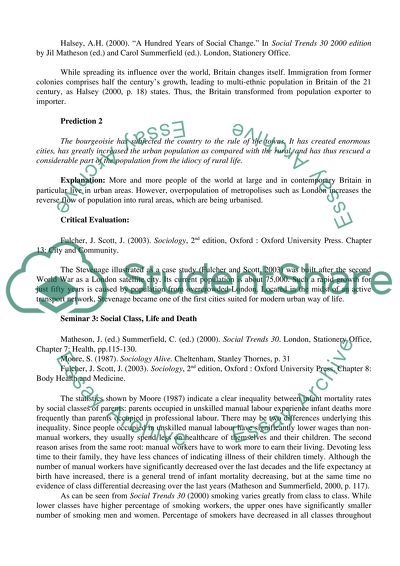Cite this document
(“The Sociological Perspective Essay Example | Topics and Well Written Essays - 1500 words”, n.d.)
The Sociological Perspective Essay Example | Topics and Well Written Essays - 1500 words. Retrieved from https://studentshare.org/sociology/1508341-the-sociological-perspective
The Sociological Perspective Essay Example | Topics and Well Written Essays - 1500 words. Retrieved from https://studentshare.org/sociology/1508341-the-sociological-perspective
(The Sociological Perspective Essay Example | Topics and Well Written Essays - 1500 Words)
The Sociological Perspective Essay Example | Topics and Well Written Essays - 1500 Words. https://studentshare.org/sociology/1508341-the-sociological-perspective.
The Sociological Perspective Essay Example | Topics and Well Written Essays - 1500 Words. https://studentshare.org/sociology/1508341-the-sociological-perspective.
“The Sociological Perspective Essay Example | Topics and Well Written Essays - 1500 Words”, n.d. https://studentshare.org/sociology/1508341-the-sociological-perspective.


